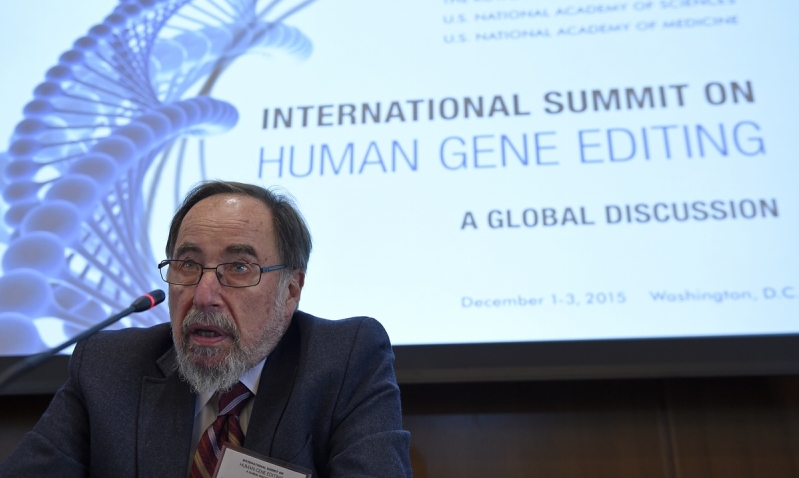
With the advent of gene-editing technology, some experts feared it could create modified humans beyond ethical standards. To address this issue, hundreds of scientists have gathered in Washington, D.C. for the international summit on genome editing.
The three-day meeting will talk about the ethical use of genome-editing technologies, particularly the easiest and latest method: CRISPR-Cas9, known colloquially as just CRISPR.
The conference, which will run from Dec. 1-3, invited hundreds of scientists from the United States, Great Britain, and China. The meeting is sponsored by the National Academy of Sciences, the Chinese Academy of Sciences, as well as the Royal Academy.
The concerns regarding ethical issues of genome editing intensified last spring sharply, after a group of researchers from China altered human embryos for the first time. China's Sun Yat-sen University scientists modified inheritable genes in a non-viable human embryo. The study caused a stir among science experts and highly recognized journal Science and Nature refused to publish the findings.
"We sense that we are close to being able to alter human heredity," said Nobel Prize winner David Baltimore, from California Institute of Technology. ''This is something to which all people should pay attention," he said at the start of the conference.
The latest technology to edit genes can do "cut and paste"-style modification on DNA. The CRISPR method is so readily accessible that "amateur biologists working in converted garages or community laboratories are starting to dabble," according to journal Nature.
Chinese scientists, headed by Junjiu Huang, used this gene modification technique. They made experiments on specialized genes that could potentially be passed on to the next generation. This experimentation is highly criticized because it could create "designer babies".
In addition, many scientists are concerned about the CRISPR's imperfection. Gene modification could create powerful viruses that are resistant to today's drugs.
The Tuesday's conference discusses many direct application of the CRISPR technique, including the ability to perform genome editing both on human embryos to treat a particular disease.
Currently, there are no governing rules regarding the use of genome editing tools. It also varies in every country. In the United States, researchers cannot use federal funds to employ genome editing on embryos. The United Kingdom imposes a ban in clinical developments of genome editing.
For many critics of gene editing, the science is just too unpredictable. If the germline is edited to prevent disease, any changes, whether beneficial, harmful, or unknown, could affect future generations.
For more updates about the summit, stay tuned with Gospel Herald.







